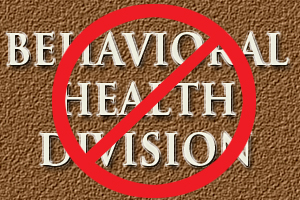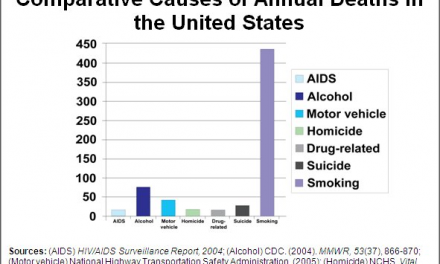I was interested in this candidate’s plan for the drug crisis because Senator Klobuchar hails from Minnesota, a state with a long tradition of embracing addiction treatment. It includes all the usual elements, such as recommendations for prevention, treatment, and support. The article at the link describes her approach to each area roughly as follows:
Prevention
- More emphasis on early intervention and detection programs.
- Curtailing “doctor shopping” by monitoring patients and identifying potential abuse.
- Reducing recidivist drunk driving through the use of ignition interlock. This probably is an area of special interest to the Senator, based on experience in her own family.
- Enhanced suicide prevention efforts, including targeted intervention with high-risk populations such as combat veterans and Native Americans.
All reasonable, and from my viewpoint, clearly based in evidence. No need to rely on the speculative or the unproven. A good start if we’re interested in getting returns on our investment.
Now as for Treatment:
- Increase the number of residential treatment beds.
- Increase access to inpatient services, both in healthcare settings and out, through dedicated drug and alcohol programs.
This is a “course correction” from the trend of the 80’s and 90’s when the emphasis was on cutting expenses by shutting down inpatient and residential treatment beds. That was based in part on a naive faith that every addict could be treated on an outpatient basis. Just try that with the chronically homeless, or with persons who suffer from severe co-occurring disorders. Now, with the benefit of experience, the goal has become a criteria-based continuum of services, including residential capacity that is 1) available, 2) accessible, and 3) affordable for those who need it.
If only the folks in charge had figured this out before the current epidemic hit, huh? Somehow they never do.
Last but not least, Recovery support, a key to long-term success. The Senator’s proposal:
- A criminal justice system that prioritizes treatment instead of incarceration for addicted offenders
- Improved mental health and addiction services for those in the criminal justice system
- Training for Law Enforcement personnel to address mental health and substance use issues
- Expanded housing options for those in treatment for substance use disorders
Still solid, still based in evidence. Not much there to argue with.
Now about the cost: No, it won’t come cheap. Estimates vary a lot — why is that, I wonder? — but there’s general agreement that the existing approach needs an upgrade and we’ll have to additional revenue for something more comprehensive. That is, if we’re serious about saving lives.
In other words, it’s high time to put up or shut up.













